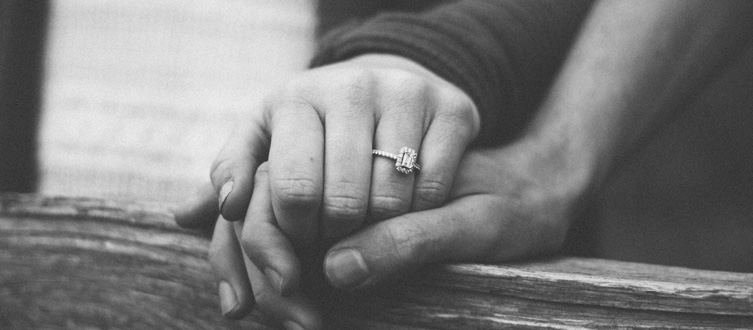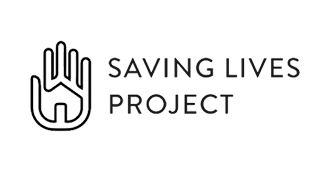Alcoholic Spouse in Addiction and Recovery
Marriage, although often worth it, is very difficult by nature. All couples face ups and downs that test their vows, and nothing does this like the struggle of addiction. When a spouse enters addiction rehab, it is important for the whole family to take care of themselves while also playing an active role in the recovery process.
Addiction affects more than the addict. Close friends and family members also bear the weight of alcoholism and drug abuse. For this reason, rehabilitation programs often provide inclusive therapy sessions and workshops that teach everyone to work together to reach sobriety goals. These sessions prepare the family for the person’s return home after rehab and teaches everyone new emotional skills.
Entering rehab and working on commitment to sobriety seems like a happy thing, and it is, but it can still be very troubling for families that are used to dysfunction. As the addict’s spouse, you were likely the person to either carry the burden of making everything okay while trying hard not to disengage for your own well being. Over time, you have likely developed some unhealthy coping mechanisms. Group counseling or events for families like Al-Anon can help spouses and other family member process and overcome this trying time.
During your spouse’s recovery, and long after, you will be the trusted support system. This can mean many things and will require a lot of understanding. During recovery, people can go through what appears to be a “selfish” phase, but that is because it takes complete self focus to maintain sobriety and rebuild themselves. As a result, spouses can often feel neglected or even resentful.
The most important thing a spouse can do for their loved one during recovery is provide unwavering support in a safe environment. Studies have proved that men are much more likely to fall off the wagon if feel that their partner is critical of them. You can prevent this by being an open communicator and discussing your partner’s needs. This should not come at a cost of your own health and happiness, but flexibility and understanding are the name of the game at this stage. This goes hand in hand with avoiding blame and focusing on the present together. Addiction is a disease and your partner already feels guilt and shame for the past, so work on developing forgiveness.
Family counseling offered by drug and alcohol rehab programs, as well as group meetings like Al-Anon, can help you help yourself, your family, and your spouse through recovery.
Alcoholic Spouse in Addiction and Recovery
Marriage, although often worth it, is very difficult by nature. All couples face ups and downs that test their vows, and nothing does this like the struggle of addiction. When a spouse enters addiction rehab, it is important for the whole family to take care of themselves while also playing an active role in the recovery process.
Addiction affects more than the addict. Close friends and family members also bear the weight of alcoholism and drug abuse. For this reason, rehabilitation programs often provide inclusive therapy sessions and workshops that teach everyone to work together to reach sobriety goals. These sessions prepare the family for the person’s return home after rehab and teaches everyone new emotional skills.
Entering rehab and working on commitment to sobriety seems like a happy thing, and it is, but it can still be very troubling for families that are used to dysfunction. As the addict’s spouse, you were likely the person to either carry the burden of making everything okay while trying hard not to disengage for your own well being. Over time, you have likely developed some unhealthy coping mechanisms. Group counseling or events for families like Al-Anon can help spouses and other family member process and overcome this trying time.
During your spouse’s recovery, and long after, you will be the trusted support system. This can mean many things and will require a lot of understanding. During recovery, people can go through what appears to be a “selfish” phase, but that is because it takes complete self focus to maintain sobriety and rebuild themselves. As a result, spouses can often feel neglected or even resentful.
The most important thing a spouse can do for their loved one during recovery is provide unwavering support in a safe environment. Studies have proved that men are much more likely to fall off the wagon if feel that their partner is critical of them. You can prevent this by being an open communicator and discussing your partner’s needs. This should not come at a cost of your own health and happiness, but flexibility and understanding are the name of the game at this stage. This goes hand in hand with avoiding blame and focusing on the present together. Addiction is a disease and your partner already feels guilt and shame for the past, so work on developing forgiveness.
Family counseling offered by drug and alcohol rehab programs, as well as group meetings like Al-Anon, can help you help yourself, your family, and your spouse through recovery.






COMMENTS